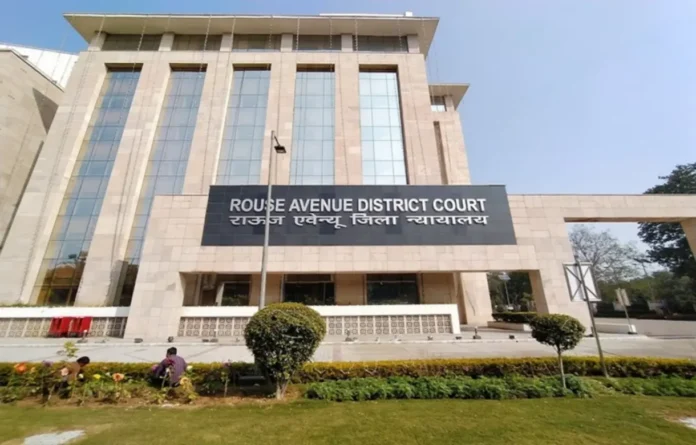Delhi court has rejected a petition that sought the registration of a criminal case against Congress leader Sonia Gandhi, in connection with allegations that her name was unlawfully entered into the electoral rolls in 1980, three years before she acquired Indian citizenship.
The matter was heard by Additional Chief Judicial Magistrate Vaibhav Chaurasiya of the Rouse Avenue Courts, who, while pronouncing the order, observed: “Counsel, we have dismissed the complaint.” With this, the court effectively closed the proceedings initiated by the complainant, finding no substantive grounds to direct further action.
The petition had been moved by Vikas Tripathi, who argued that Sonia Gandhi’s name appeared in the voters’ list despite her not being an Indian citizen at the time. According to the complaint, Gandhi became an Indian citizen in 1983, yet was allegedly registered as a voter in 1980, thereby committing a violation that the petitioner claimed warranted the filing of an FIR.
The court, however, declined to accept this contention, holding that the material presented was insufficient to substantiate the allegations or to justify the initiation of criminal proceedings. By dismissing the plea, the magistrate effectively underscored the principle that mere assertions, unsupported by cogent evidence, cannot form the basis for directing an investigation.
This decision comes against the backdrop of recurring legal challenges aimed at Sonia Gandhi, a prominent figure in Indian politics and long-time president of the Indian National Congress. While critics have often sought to raise questions about her foreign origin and her journey to Indian citizenship, the judiciary has consistently required that such claims be supported by verifiable material before entertaining them.
The Rouse Avenue Court’s ruling draws a line under this particular attempt to question the legitimacy of Sonia Gandhi’s early electoral registration.


